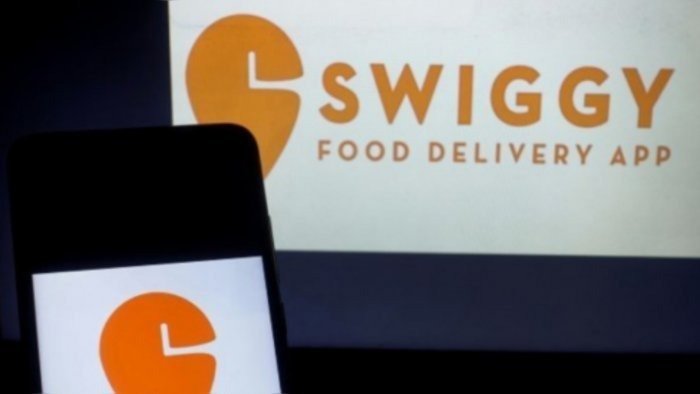In an effort to improve user experience, Swiggy, a well-known online food delivery business, has announced the use of generative AI techniques to build goods and services that enable simple ordering processes.
Swiggy wants to make it easier for people to find food and groceries by implementing AI-powered neural search so they can get personalized recommendations based on their tastes.
How has Swiggy brought in the use of generative AI for a better user experience?
The Large Language Model (LLM) that was specifically modified to understand the specific vocabulary connected with foods, recipes, restaurants, and Swiggy’s unique search data was used to create Swiggy’s neural search functionality.

The neural search tool enables users to conduct searches using natural and open-ended inquiries while obtaining personalized suggestions without using particular keywords, according to Madhusudhan Rao, CTO of Swiggy. This streamlined procedure makes it simpler for customers to find what they want during the search process.
By September, the functionality is expected to be piloted. Based on the findings and feedback from the pilot phase, Swiggy plans to roll it out to all search traffic within its app.
Additionally, voice-based questions and a few Indian languages will soon be supported by neural search, making it more accessible to users with different linguistic preferences.
In order to give customers a more natural and efficient shopping experience, Swiggy is also integrating neural search into its Swiggy Instamart sector. This will enable users to find groceries and household goods in a more conversational way.
Additionally, the business has transformed how people look for restaurants by using generative AI techniques in Swiggy Dineout.
As a virtual janitor, the distinctive Dineout conversational bot directs users to restaurants that match their individual tastes, such as ambiance, kid-friendliness, valet parking, ratings, and price.
Swiggy also utilizes generative AI-led solutions to improve assistance for its delivery and restaurant partners. In order to enable restaurant partners to self-serve on processes and address inquiries relating to onboarding, ratings, payouts, and more, the firm is now testing internally customized LLMs.
This will speed up issue resolution and streamline operations. This LLM will enable a conversational assistant that can be accessed via WhatsApp and the app for restaurant owners.



